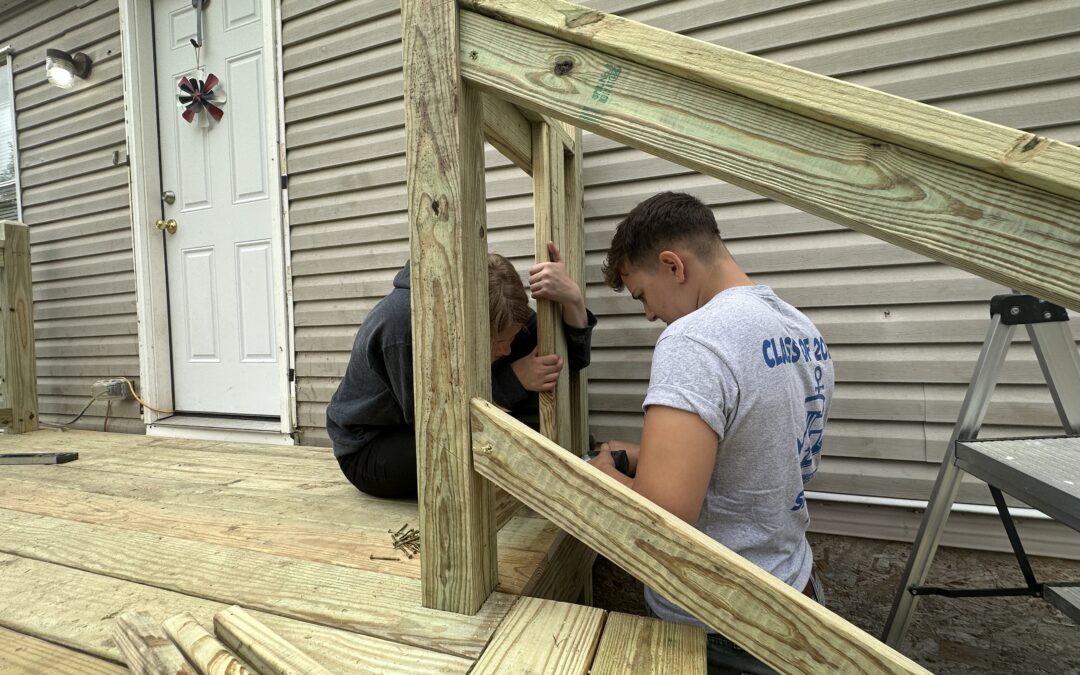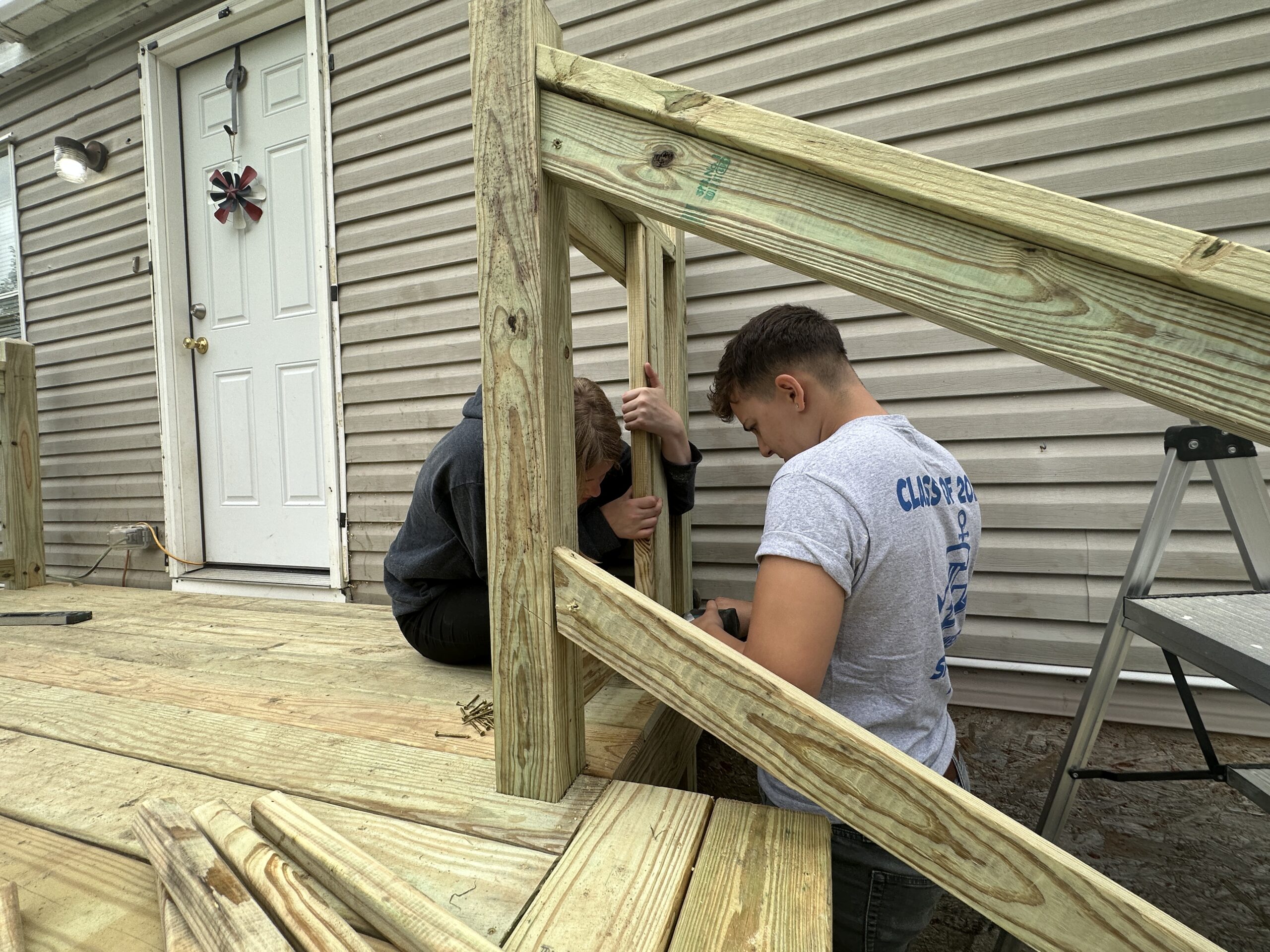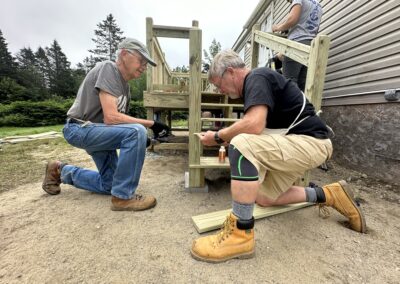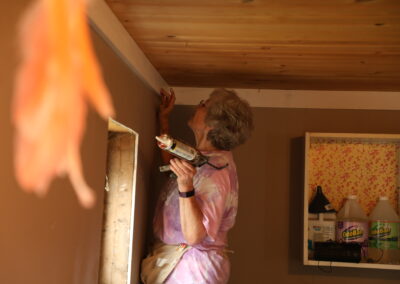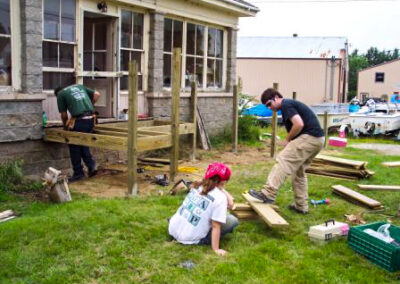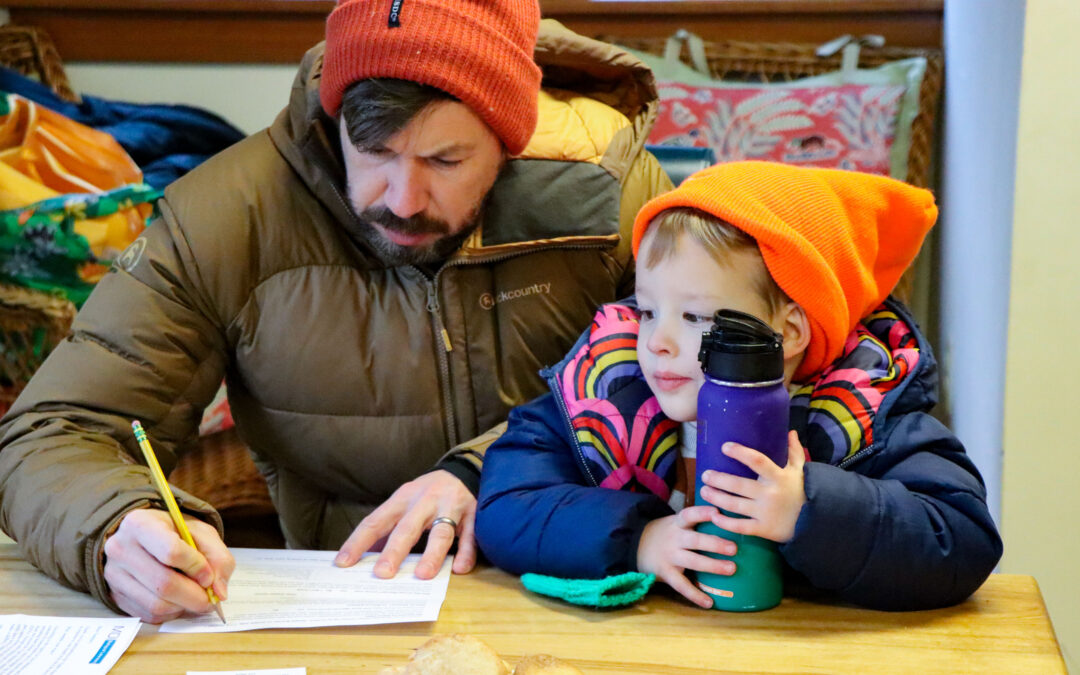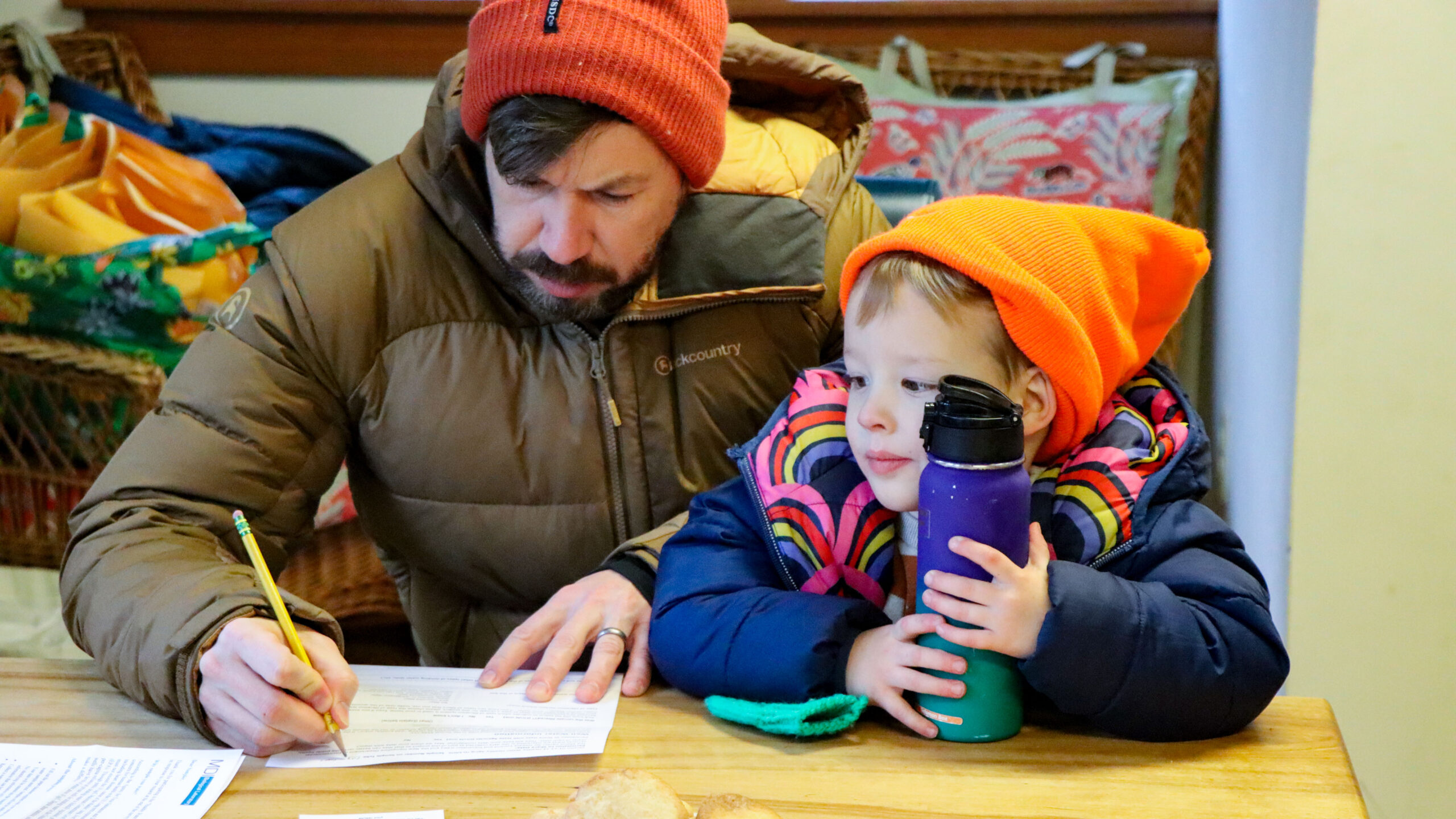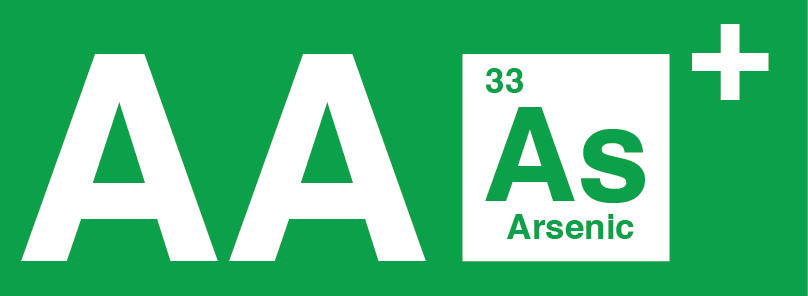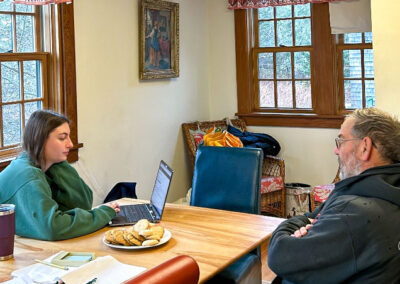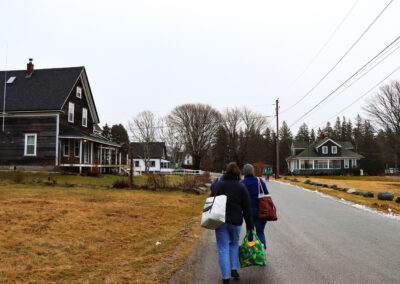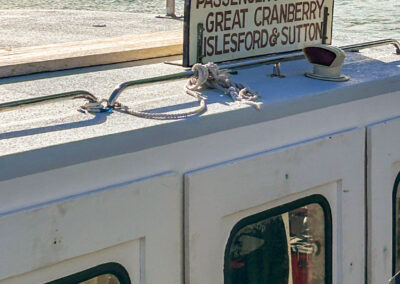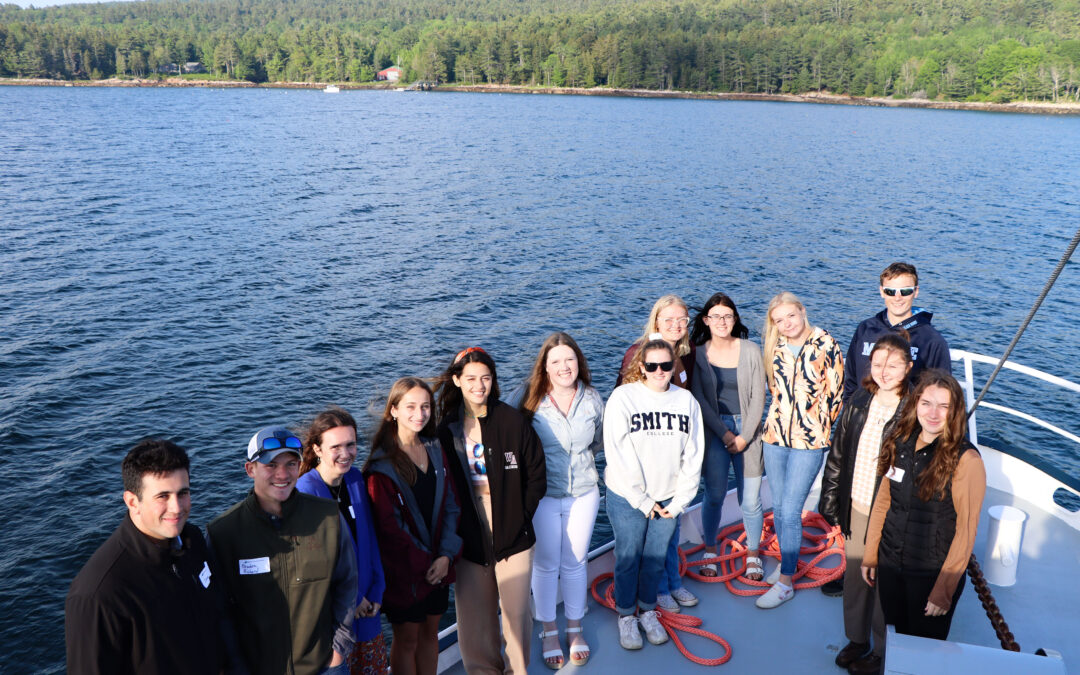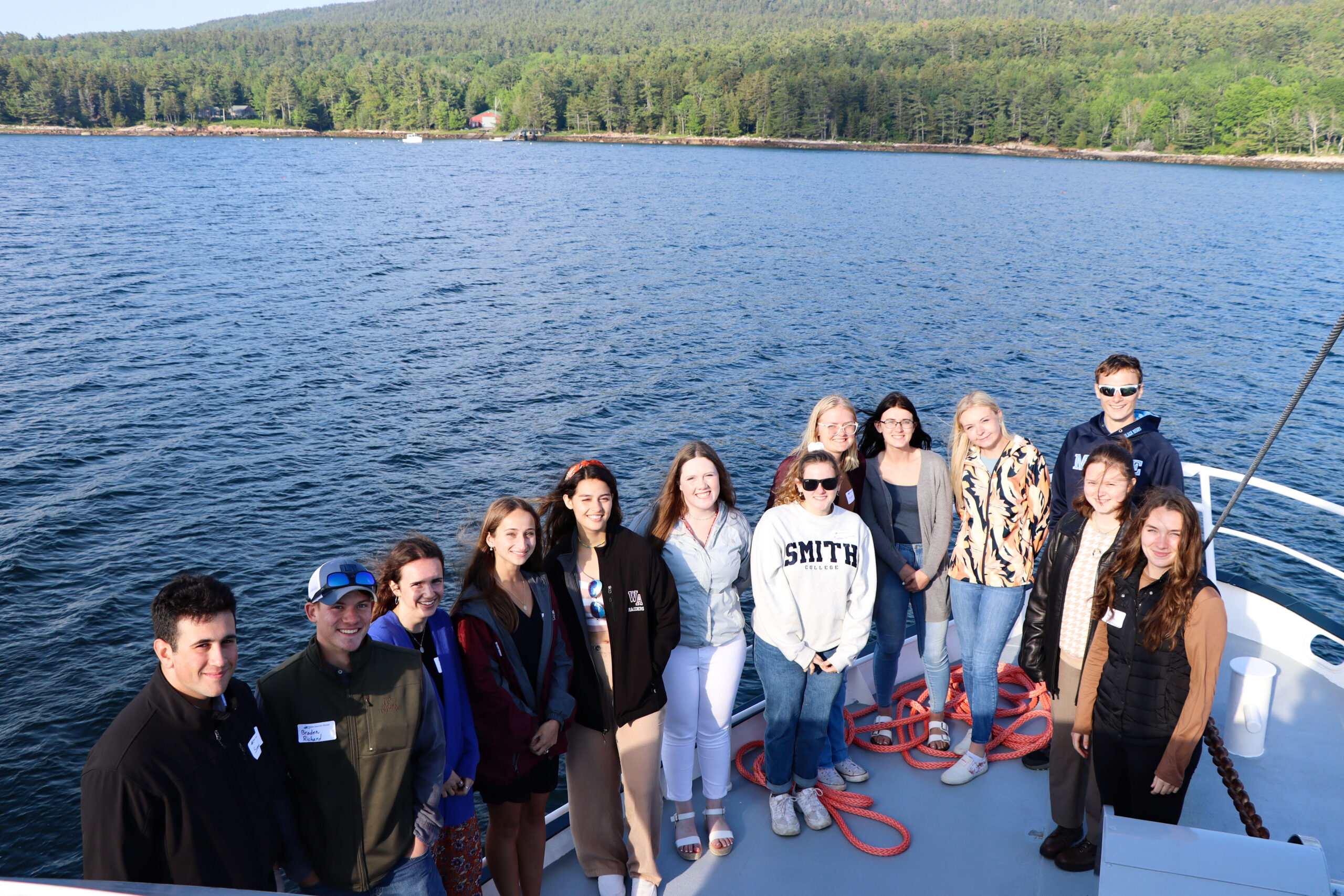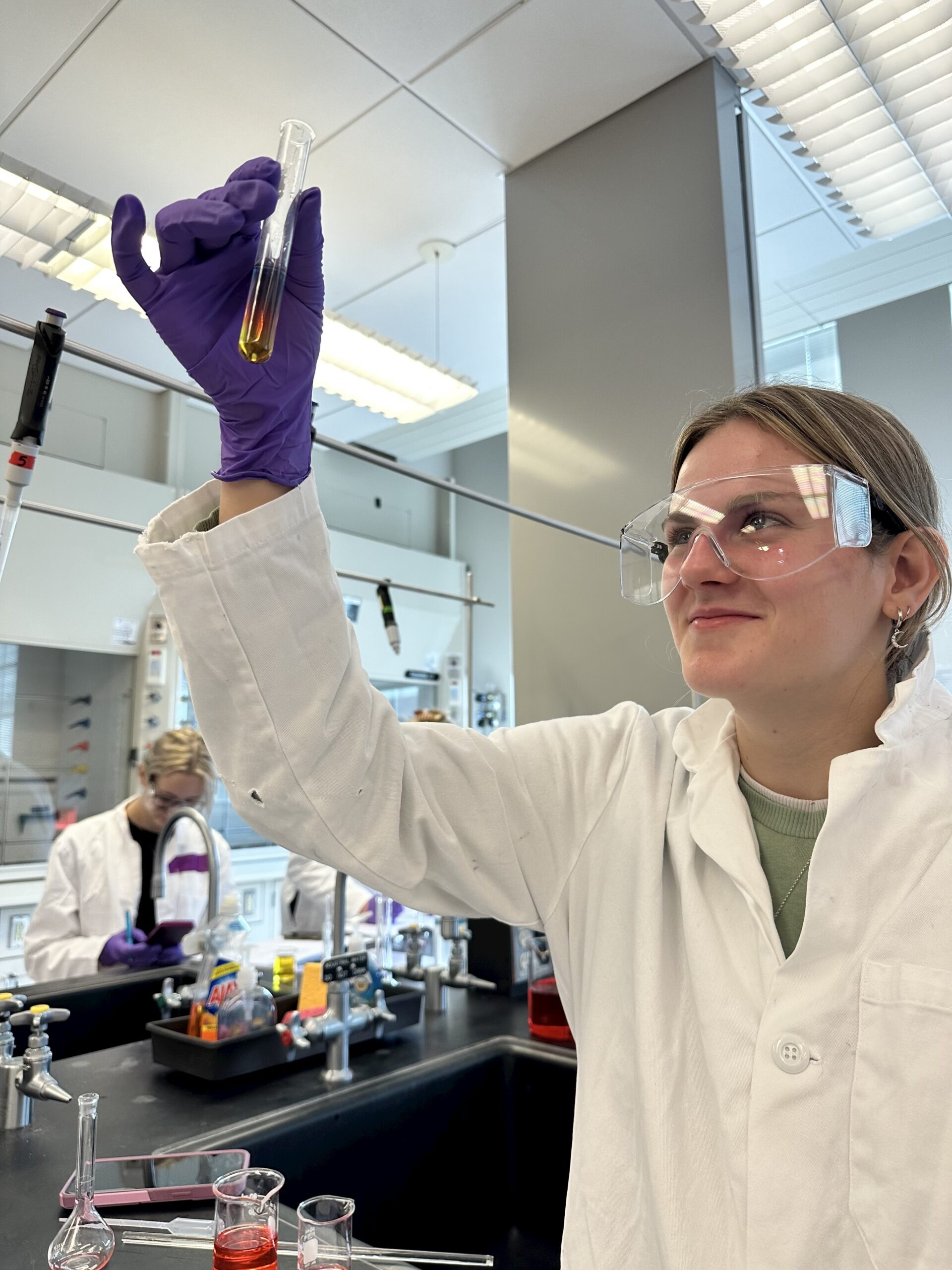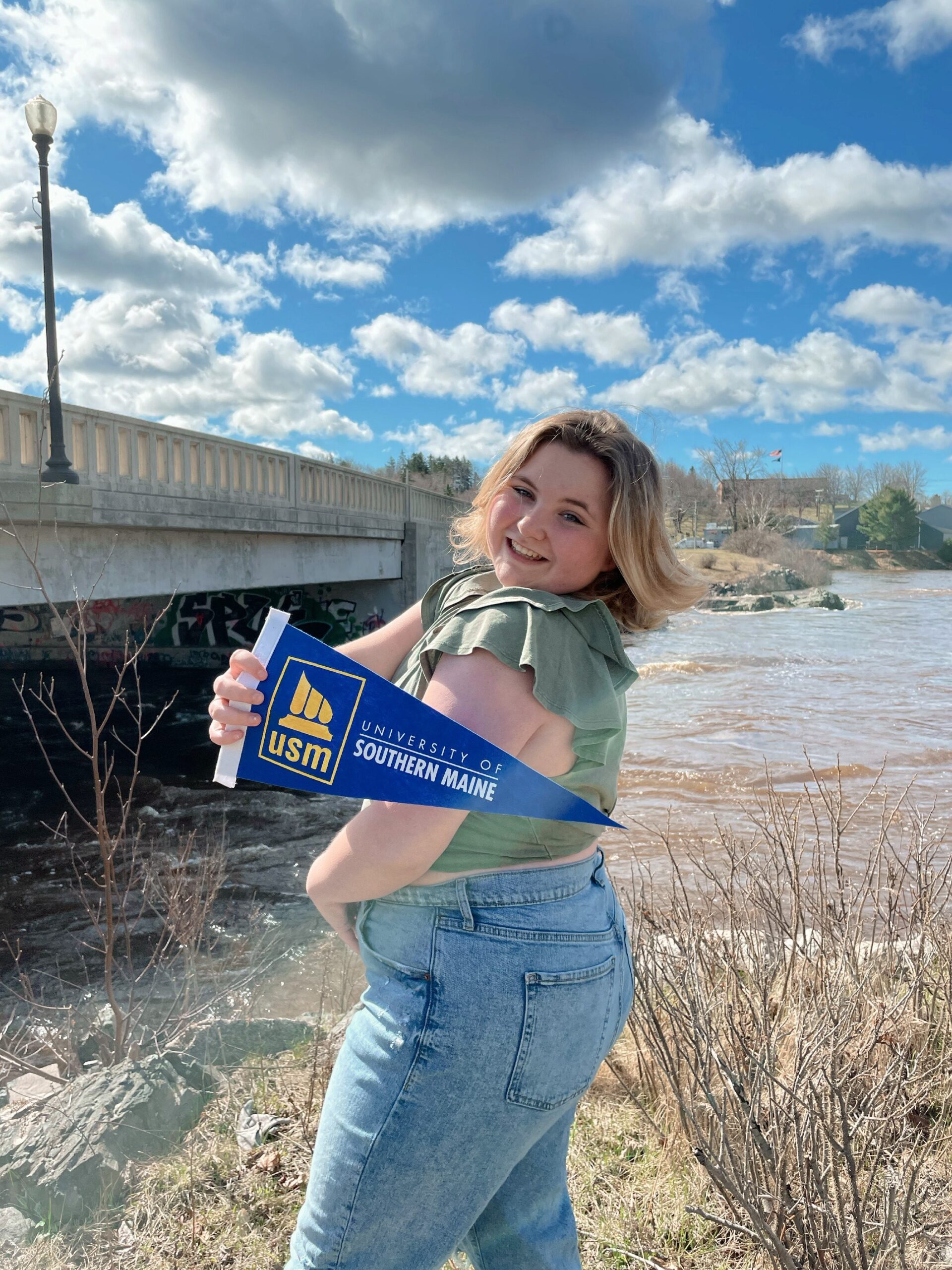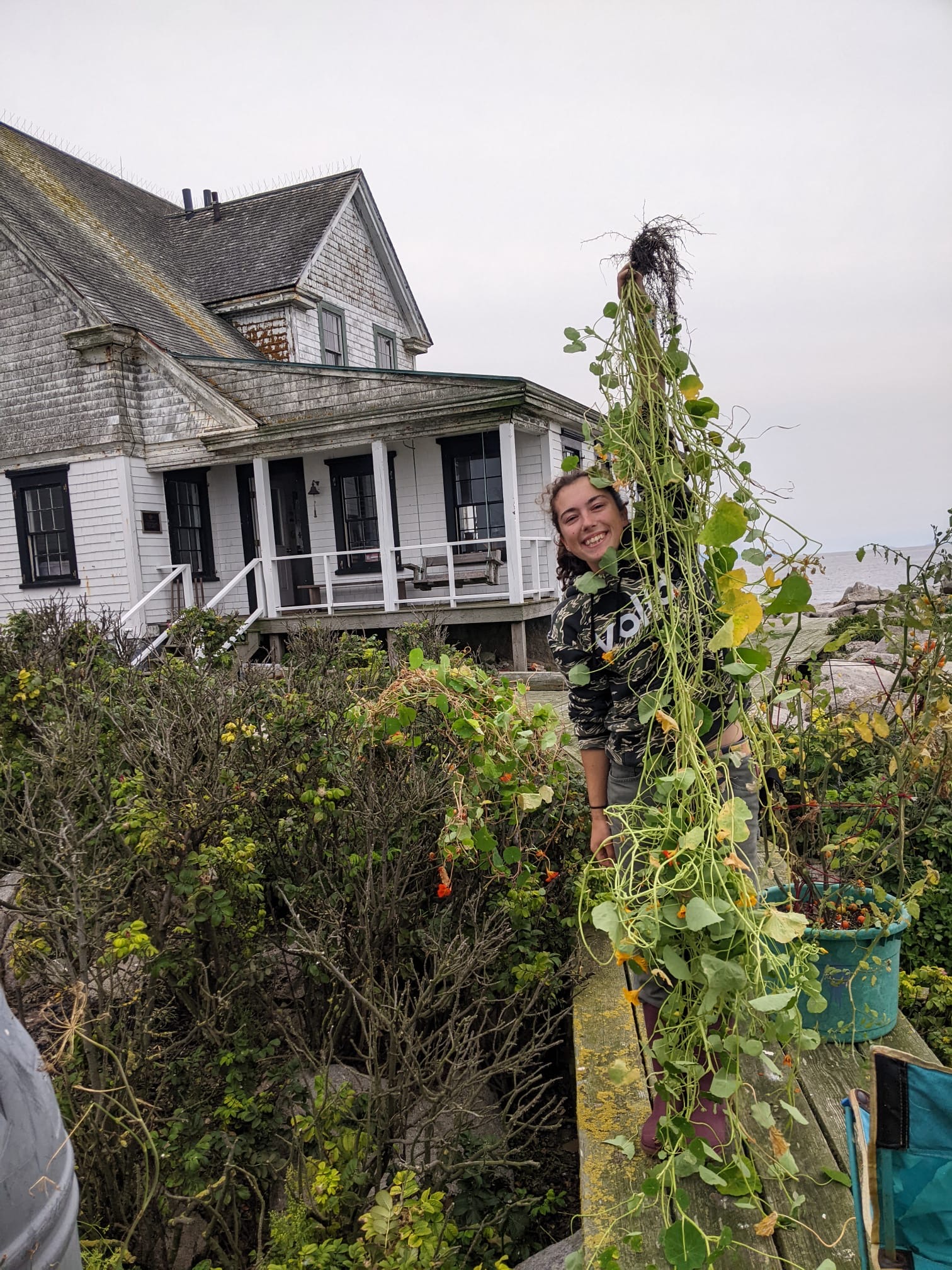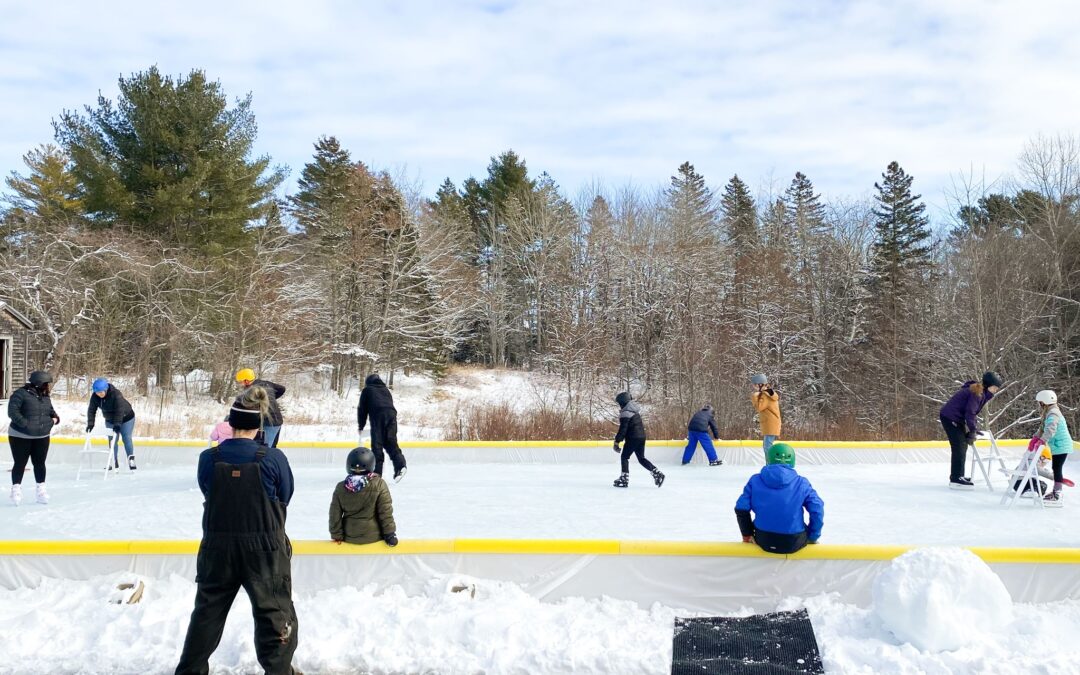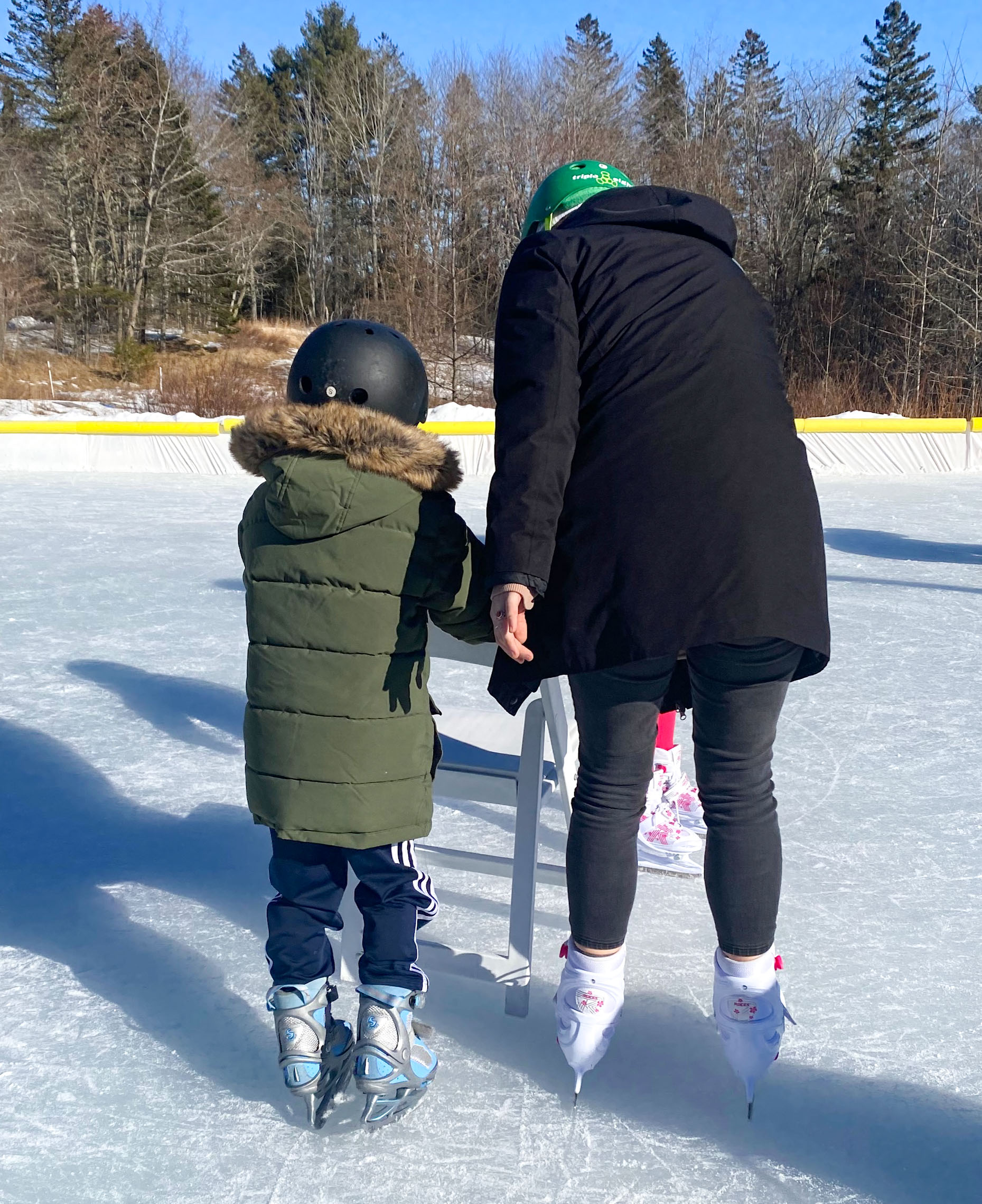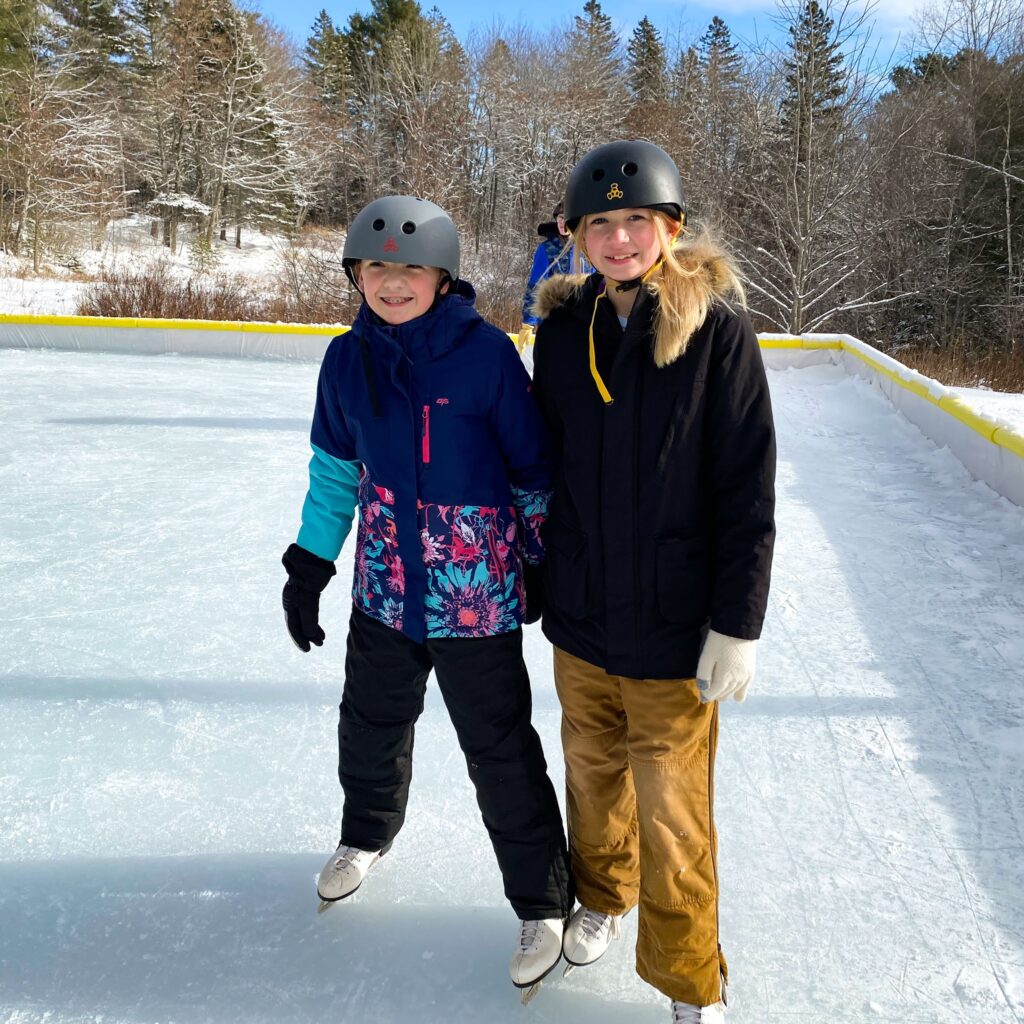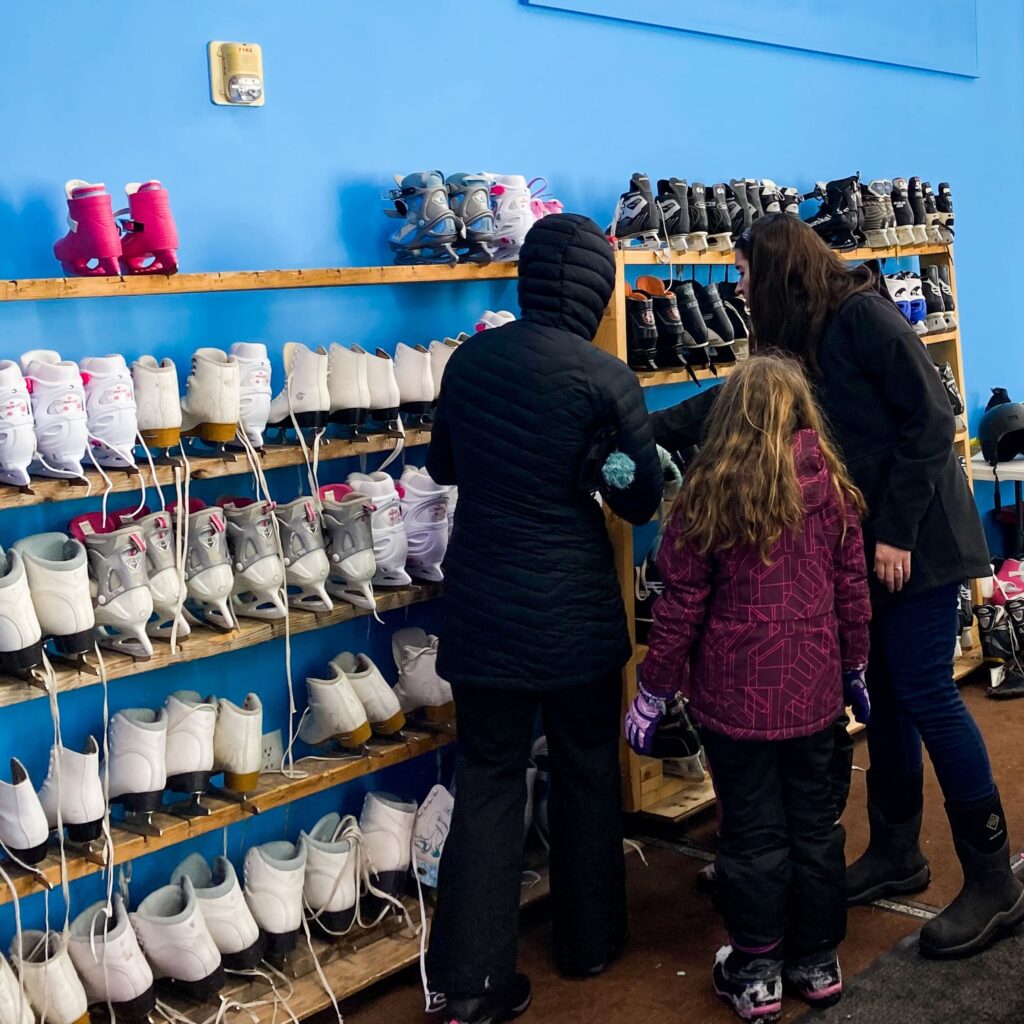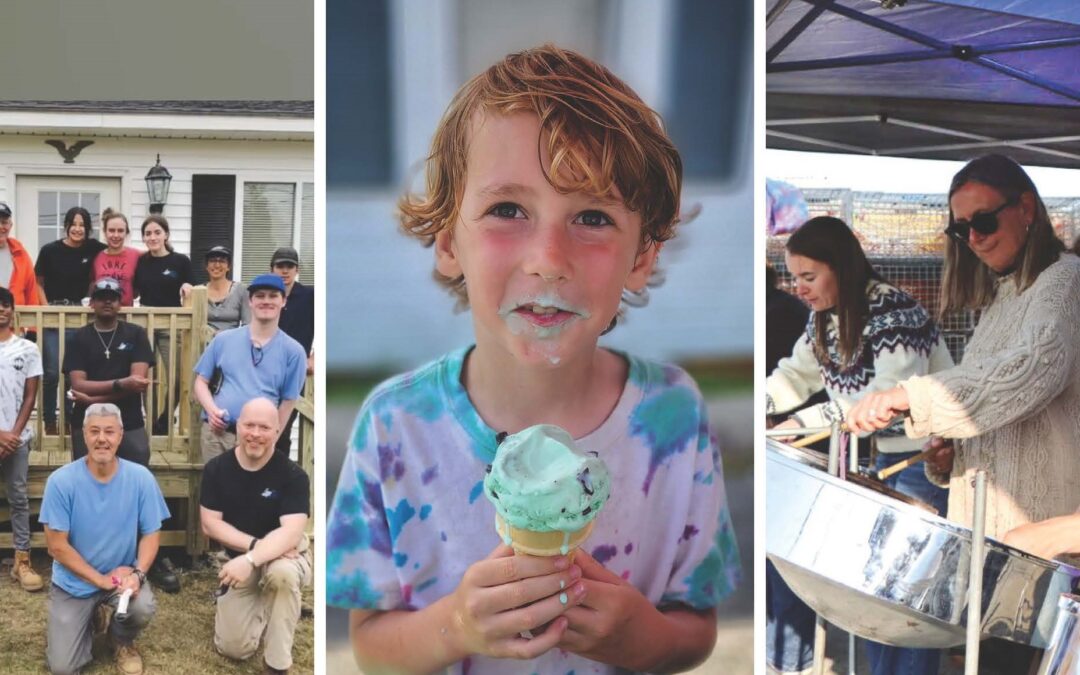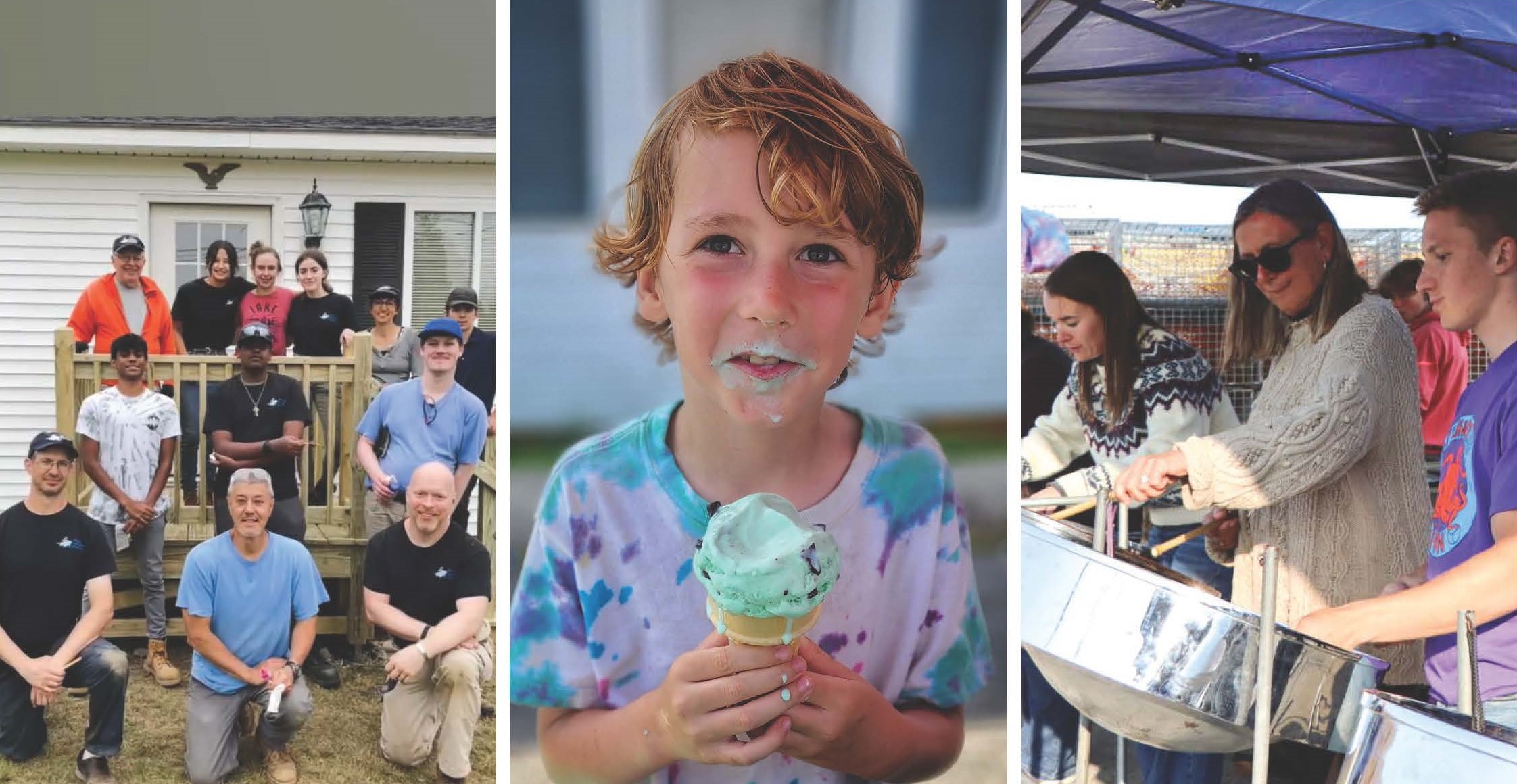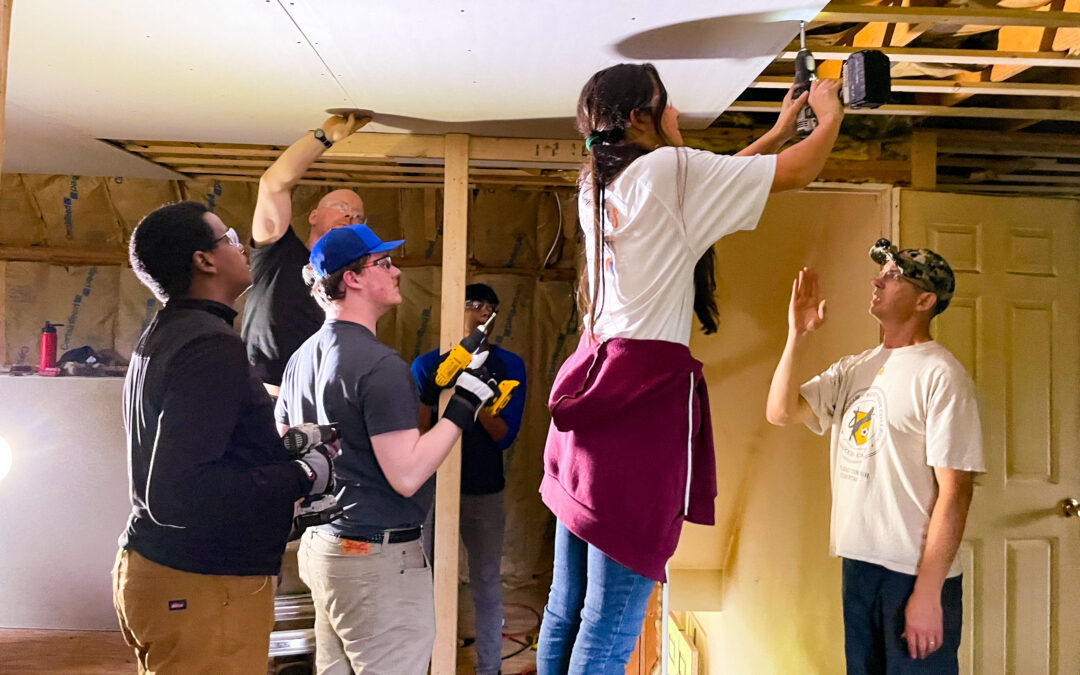
Homeowners Can Apply for Mission’s Housing Improvement Program
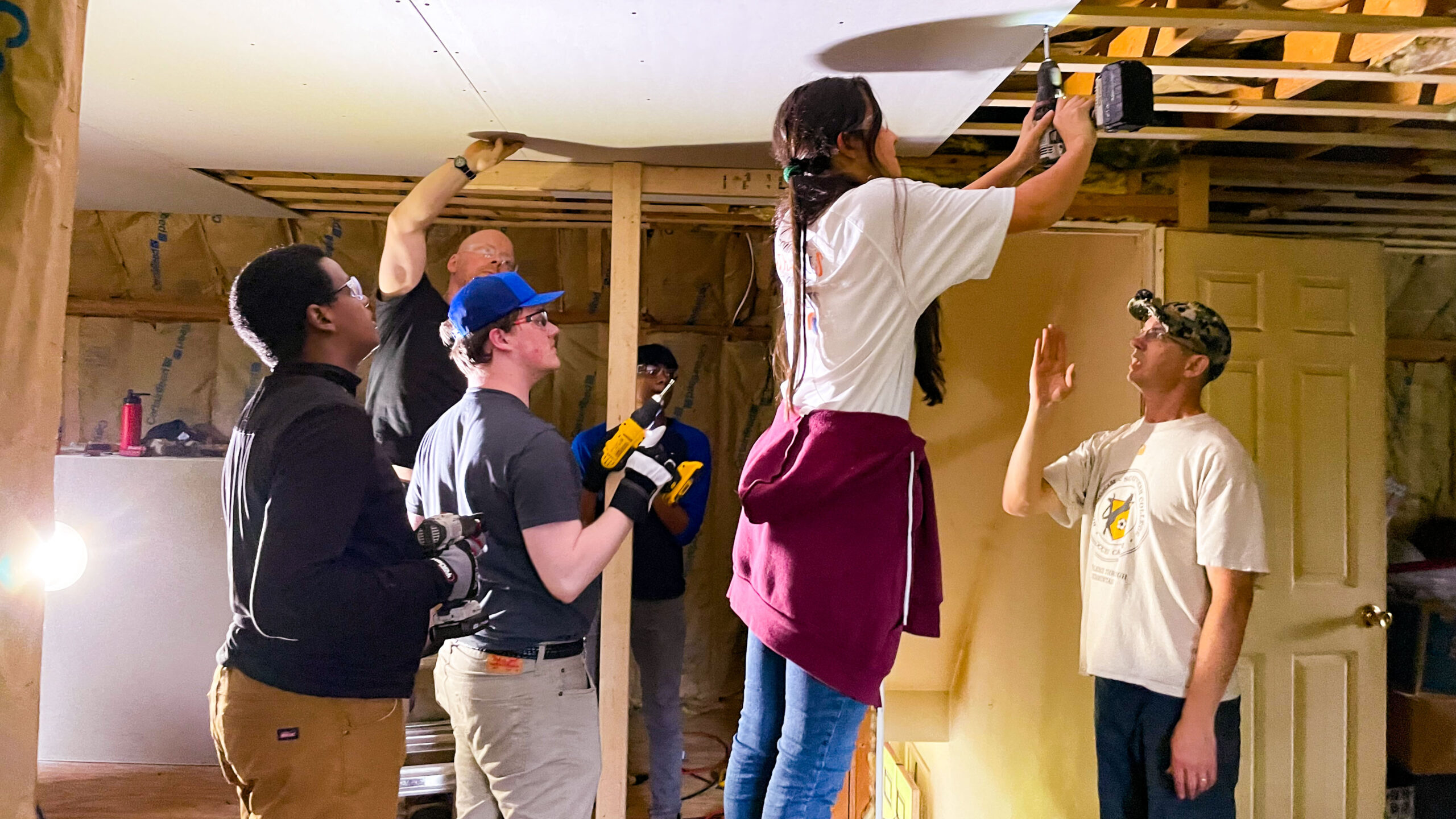
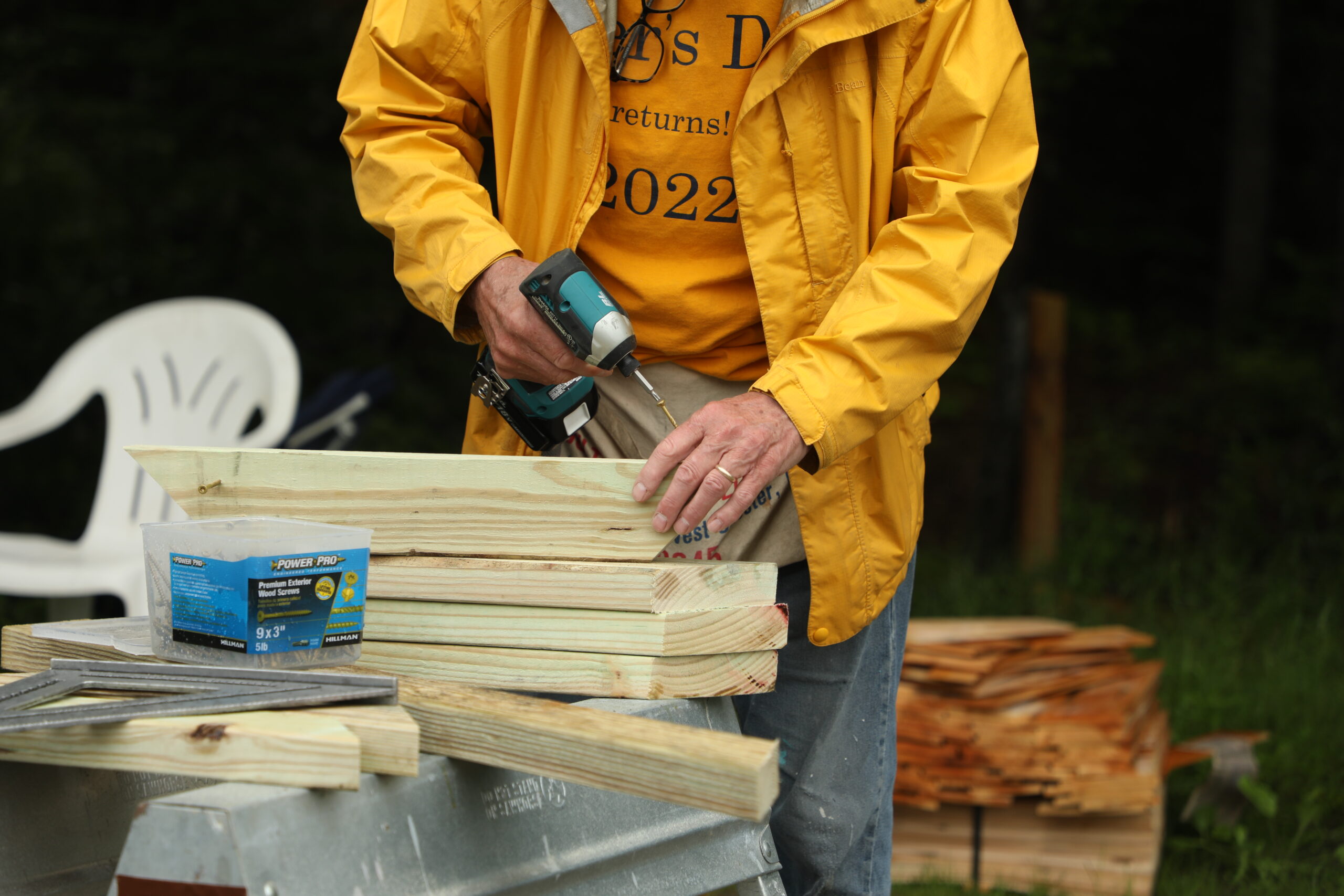
The Mission’s Housing Improvement program works to make homes warm, safe, and dry. Each summer hundreds of volunteers fan out across Downeast Maine replacing drafty windows and doors, creating easier access to homes with decks and stairs, and much more. Homeowners in Washington and eastern Hancock Counties can now apply for this year’s program.
Since the program began in 2003, hundreds of volunteers have traveled to Downeast Maine to help with the program. “This program has allowed community members to stay in their homes which is vital to our mission of supporting and strengthening communities,” says Jennifer Kempthorne, Housing Improvement Program Director.
In addition to providing repairs, the Mission partners with Downeast Community Partners (DCP) who identify homes DCP can weatherize after Mission volunteers make improvements. This work lowers homeowners’ heating costs over time. This partnership between the Mission and DCP is supported by the C.F. Adams Charitable Trust. The Mission also works to connect homeowners with other resources and services offered by the Mission and other community partners.
Homeowners qualify for Housing Improvement program if they:
- Self-identify as low to moderate income
- Provide proof of homeownership
- Own one home
- Live in the home receiving repairs
- Live within a 30-minute drive from the Mission’s Cherryfield campus
Homeowners can apply online through the Housing Improvement web page. For assistance in applying, call (207) 546-4466 or visit the Mission’s Cherryfield office.
The Mission is also currently accepting applications for volunteer groups. Interested groups can contact Jennifer at jkempthorne@seacoastmission.org or call (207) 460-9322.

